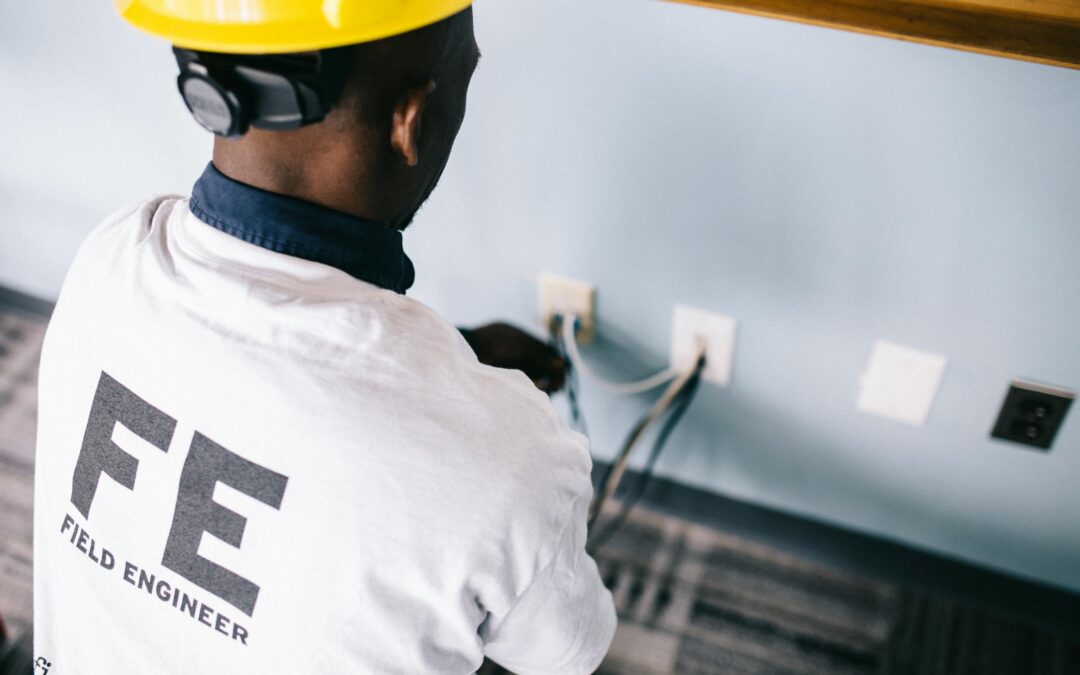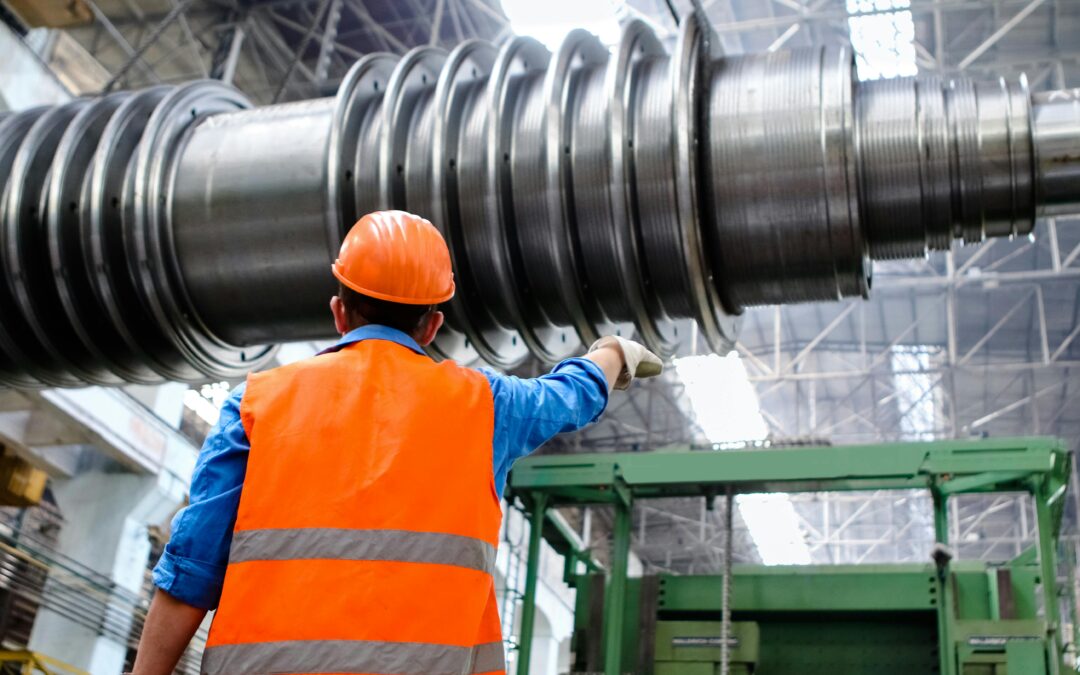Introduction: Why Specialized Staffing Matters in Industrial Construction
Industrial construction projects demand precision, safety, and efficiency. Welding and pipefitting are two of the most critical trades, as they form the backbone of mechanical systems, pipelines, and infrastructure. Yet, finding and retaining skilled tradespeople is one of the greatest challenges in the industry.
That’s where a welding staffing agency or a pipefitter staffing partner comes into play. By outsourcing recruitment to experts who understand the trade, companies gain not only skilled labor but also measurable cost savings and improved project outcomes.
In this article, we’ll break down the ROI of using a specialized welding and pipefitting staffing agency, highlighting how it impacts project efficiency, workforce quality, and the bottom line.
1. Understanding the High Demand for Welders and Pipefitters
Welders and pipefitters are in short supply across the U.S. and globally. Several factors drive this demand:
- Skilled Labor Shortage: As older tradespeople retire, fewer young workers are entering the field.
- Industrial Growth: Energy, oil & gas, manufacturing, and infrastructure projects all require pipefitters and welders.
- Specialized Expertise Needed: Many jobs demand certifications and specific experience.
This shortage leads to higher labor costs, extended project timelines, and recruitment challenges for employers.
- The True Costs of Traditional Hiring
Hiring welders and pipefitters directly can be expensive and time-consuming. Costs include:
- Recruitment advertising & job boards
- Screening, background checks, and drug testing
- Training and onboarding expenses
- Turnover-related costs when workers leave mid-project
On average, it can cost thousands of dollars per hire—without guaranteeing long-term retention.
- What a Welding Staffing Agency Brings to the Table
A welding staffing agency specializes in recruiting, vetting, and placing qualified welders. Benefits include:
- Access to a pre-screened pool of skilled tradespeople
- Assurance that candidates hold proper certifications (e.g., AWS, OSHA, NCCER)
- Faster placements to avoid costly project delays
- Flexibility to scale workforce up or down
This reduces downtime, ensures compliance, and delivers workers ready to perform on day one.
- The ROI of Pipefitter Staffing Solutions
Pipefitter staffing is equally critical. Pipefitters must read blueprints, install complex piping systems, and ensure proper safety standards. By partnering with a specialized staffing agency:
- Companies save on training costs by hiring already-qualified pipefitters.
- Safety risks are reduced since workers meet strict qualifications.
- Projects finish faster, lowering labor hours and overhead.
The ROI becomes clear: fewer delays, fewer safety violations, and higher efficiency.
- Cost Savings Breakdown: Why Staffing Agencies Pay Off
Let’s look at where cost savings show up when using a staffing agency:
| Expense Area | Traditional Hiring | With Staffing Agency |
| Recruitment & Ads | High costs per posting | Included in agency fee |
| Screening & Testing | In-house expense | Handled by agency |
| Training & Certification | Employer responsibility | Pre-certified workers |
| Turnover Costs | High when workers quit | Lower due to agency guarantees |
| Project Delays | Frequent due to shortages | Reduced with faster placements |
Agencies consolidate these costs, delivering a higher ROI by lowering overall labor-related expenses.
- Efficiency Gains Beyond Cost Savings
While cost savings are a major advantage, the benefits extend further:
- Reduced Downtime: Agencies fill open roles quickly.
- Quality Control: Skilled workers mean fewer errors and rework.
- Compliance: Workers are already vetted for safety and certification standards.
- Workforce Flexibility: Staff up for peak demand and scale down after completion.
This agility is invaluable for industrial contractors juggling multiple projects.
- Risk Mitigation: Safety and Compliance Advantages
Welding and pipefitting carry significant safety risks. Improper work can cause accidents, leaks, or structural failures. Staffing agencies mitigate these risks by:
- Supplying OSHA-trained workers
- Ensuring certifications match project needs
- Reducing liability through pre-employment screening
Safer worksites mean fewer insurance claims and less costly downtime.
- Long-Term Workforce Strategy
Specialized staffing agencies don’t just provide short-term labor—they become long-term partners in workforce strategy. They help companies:
- Build reliable pipelines of skilled tradespeople
- Forecast labor needs based on project volume
- Develop training and upskilling programs
This strategic alignment leads to sustained ROI beyond just one project.
- Case Study Example: ROI in Action
Imagine a mid-sized contractor struggling to complete a refinery project due to a shortage of welders. By partnering with a welding staffing agency:
- 15 certified welders were placed within two weeks.
- Overtime hours decreased by 25%.
- The project finished 10 days ahead of schedule.
- Cost savings totaled over $150,000 compared to direct hiring.
This demonstrates the tangible financial impact staffing agencies provide.
- Choosing the Right Staffing Agency
Not all staffing agencies are created equal. To maximize ROI, look for an agency that offers:
- Proven track record in welding and pipefitter staffing
- Nationwide reach for large projects
- Pre-employment testing and certification verification
- Flexible workforce solutions (temp, temp-to-perm, direct hire)
- Common Misconceptions About Staffing Agencies
Some companies hesitate to use agencies due to misconceptions like:
- “It costs more than hiring directly.” In reality, the hidden costs of direct hiring are higher.
- “Quality may be lower.” Specialized agencies ensure only skilled tradespeople are placed.
- “It’s just a short-term fix.” Many agencies support long-term workforce planning.
- Frequently Asked Questions (FAQs)
Q1: What is the biggest advantage of using a welding staffing agency?
The biggest advantage is cost savings and efficiency. Agencies provide skilled workers faster, reducing delays and hiring expenses.
Q2: How does pipefitter staffing improve safety?
Agencies supply certified pipefitters who meet OSHA and industry standards, reducing risks of accidents and compliance issues.
Q3: Are staffing agency fees higher than traditional hiring costs?
No—when factoring in recruitment, training, and turnover costs, agencies often deliver a higher ROI.
Q4: Can staffing agencies handle large-scale industrial projects?
Yes, specialized agencies maintain large networks of welders and pipefitters, making them capable of staffing major projects quickly.
Q5: Do workers from staffing agencies require additional training?
Most workers are fully certified and ready to start immediately, minimizing employer training costs.
Q6: How do staffing agencies support long-term workforce needs?
They help companies build sustainable pipelines of talent and adjust staffing levels based on project demand.
Conclusion: The ROI Speaks for Itself
The industrial construction industry can’t afford project delays, safety incidents, or escalating labor costs. A specialized welding staffing agency and pipefitter staffing partner delivers measurable ROI through cost savings, efficiency gains, and risk reduction.
For companies competing in today’s tight labor market, partnering with a staffing agency isn’t just a convenience—it’s a strategic investment that pays dividends on every project.
👉 To learn more about how staffing agencies can transform your workforce strategy, contact us


